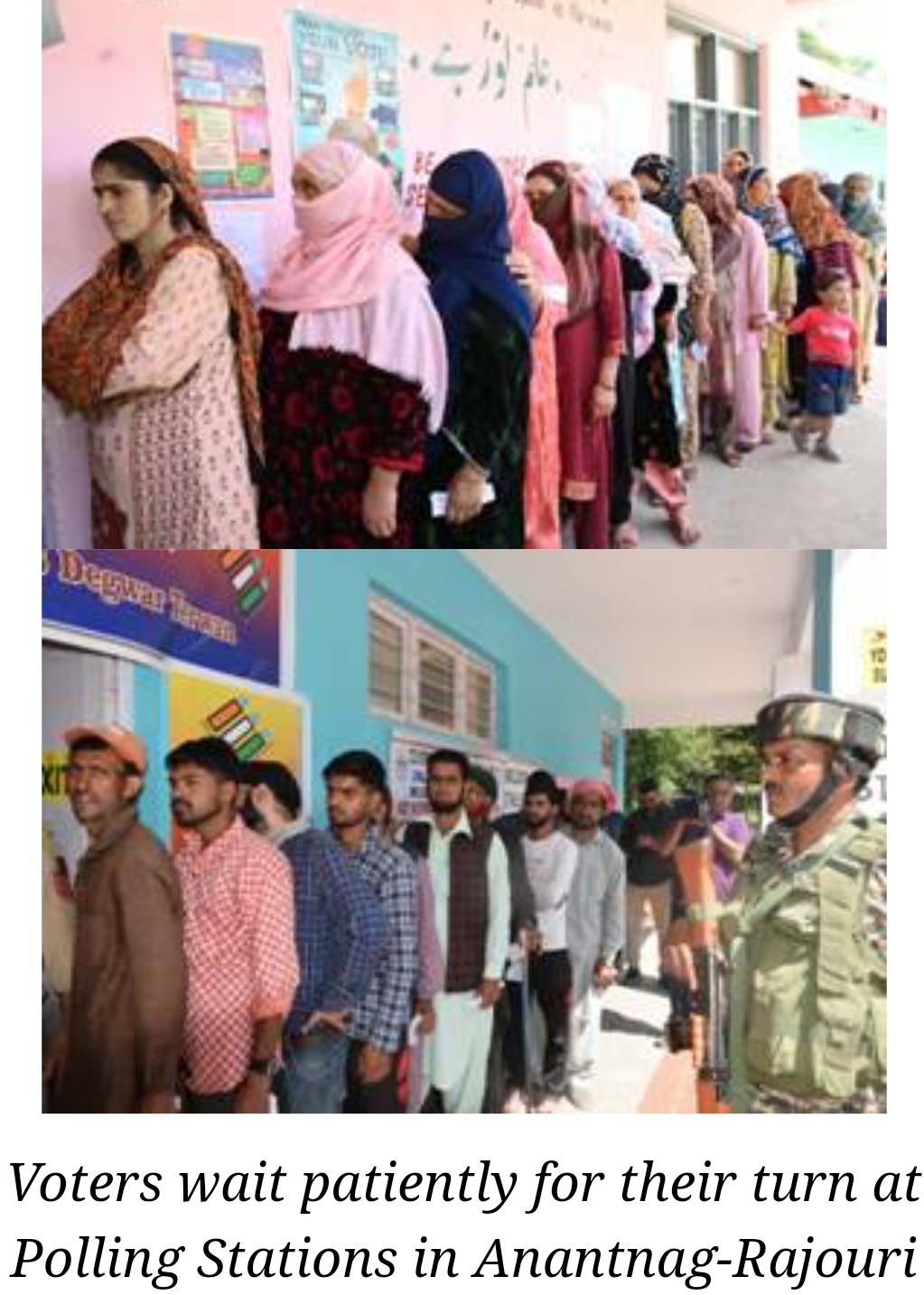56 New Watershed Development Projects Sanctioned Under Pradhan Mantri Krishi Sinchayee Yojana (PMKSY) 2.0 Across 10 States.
New Delhi:
The Ministry of Rural Development (MoRD), through its Department of Land Resources (DoLR), has announced the sanctioning of 56 additional projects under the Watershed Development Component of Pradhan Mantri Krishi Sinchayee Yojana (WDC-PMKSY) 2.0. The initiative, aimed at enhancing water conservation and improving agricultural productivity in degraded and rainfed areas, will be implemented across 10 states. These new projects, worth Rs. 700 crore, will cover an area of approximately 2.8 lakh hectares, with each project covering around 5,000 hectares, except in hilly regions where the coverage area may be smaller.
The 10 best-performing states that have been selected for these new projects are Rajasthan, Madhya Pradesh, Karnataka, Odisha, Tamil Nadu, Assam, Nagaland, Himachal Pradesh, Uttarakhand, and Sikkim. The selection is based on the states’ past performance under the WDC-PMKSY scheme, which focuses on sustainable land and water management practices, including ridge area treatment, drainage line treatment, soil and moisture conservation, rainwater harvesting, and pasture development.
The watershed development initiatives under PMKSY 2.0 have already demonstrated significant positive impacts. Evaluation of the completed projects under WDC-PMKSY 1.0 revealed improvements in groundwater levels, increased surface water availability, enhanced crop productivity, and increased farmers’ incomes. These interventions are designed to strengthen farmers’ resilience to climate change and promote sustainable resource management.
In 2021-22, the government had already sanctioned 1,150 projects covering an area of 50 lakh hectares at a cost of Rs. 12,303 crore. The new projects under WDC-PMKSY 2.0 are expected to further boost agricultural productivity and strengthen the overall climate resilience of the farming communities by addressing issues such as land degradation and ensuring the timely recovery of degraded land.
These new initiatives will provide much-needed support to farmers, particularly in rural areas, helping to restore soil health and improve the availability of water for irrigation, ultimately enhancing the livelihoods of asset-less and marginalized communities.


